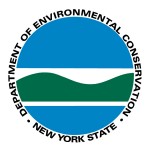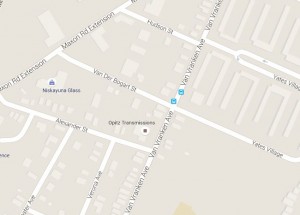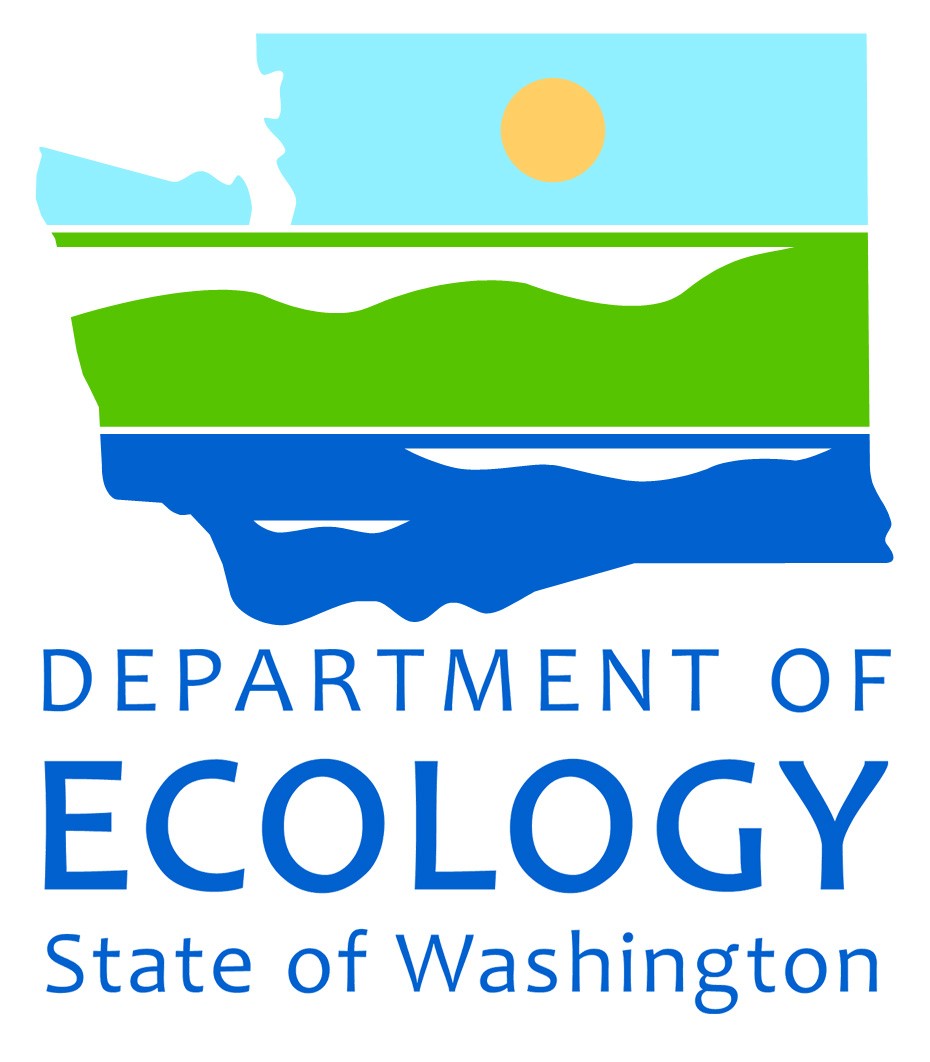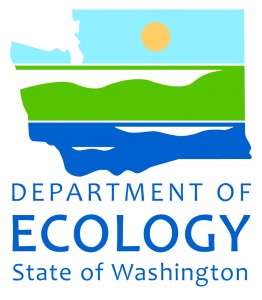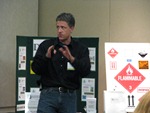The Bullet:
The Cherry Island Landfill, operated by the Delaware Solid Waste Authority was issued several Notice of Violations (NOVs) by the Delaware Department of Natural Resources and Environmental Control (DNREC) for several potential violations of the state’s Solid and Hazardous Waste Program.
Who:
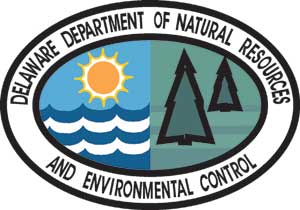 Delaware Department of Natural Resources and Environmental Control (DNREC)
Delaware Department of Natural Resources and Environmental Control (DNREC)
Delaware Solid Waste Authority – Cherry Island Landfill
What:
- Containers of hazardous waste were kept on-site past their accumulation time limit.
- Containers and above ground tanks holding used oil on site must be marked with the words Used Oil.
- A small quantity handler of universal waste must inform all employees who handle or have responsibility for managing universal waste. The information must describe proper handling and emergency procedures appropriate to the type(s) of universal waste handled at the facility.
- Universal waste container must be marked.
- A small quantity handler of universal waste must contain any lamps in containers or packages that are structurally sound, adequate to prevent breakage, and compatible with the contents of the lamps.
- Containers of hazardous waste must be marked with the words “Hazardous Waste” or with other words that identify the contents of the containers.
Where:
The Delaware Solid Waste Authority – Cherry Island Landfill is located at 1706 East 12th Street Wilmington, DE 19809
When:
- Date violations discovered: September 21, 2015
- Date violations corrected: Varies but no later than October 29, 2015
- Enforcement action served: December 21, 2015
Why:
“It’s the mission of the Delaware Department of Natural Resources and Environmental Control to protect and manage the state’s vital natural resources, protect public health and safety, provide quality outdoor recreation and to serve and educate the citizens of the First State about the wise use, conservation and enhancement of Delaware’s Environment.”
Unfortunately education isn’t always enough and that’s why the DNREC issued NOVs in this case. To the credit of the operators of the Cherry Island Landfill most of the violations were corrected in a matter of days and all of them within a little over a month.
How:
As a state with an authorized hazardous waste program, the DNREC has the authority to enforce state regulations for the management of hazardous waste, universal waste, and used oil.
Contact me with any questions you may have about the generation, identification, management, and disposal of hazardous waste Daniels Training Services 815.821.1550 |
Conclusion:
DNREC submits NOVs to the Delaware Solid Waste Authority for violations of state regulations that are, in turn, based on Federal regulations. Whether your operations are private or public, you must comply with the hazardous waste regulations, state and Federal, created by the Resource Conservation and Recovery Act (RCRA). One requirement of the hazardous waste regulations is that you provide training for those employees who work with or around hazardous waste.

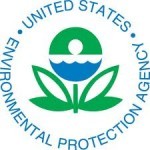 U.S Environmental Protection Agency Region 10.
U.S Environmental Protection Agency Region 10. The other interesting aspect of this announcement is that the U.S. Army is subject to EPA regulations under RCRA. Got that? There is no exclusion from regulation under RCRA even for our armed forces. (Last month I published an announcement of
The other interesting aspect of this announcement is that the U.S. Army is subject to EPA regulations under RCRA. Got that? There is no exclusion from regulation under RCRA even for our armed forces. (Last month I published an announcement of 
